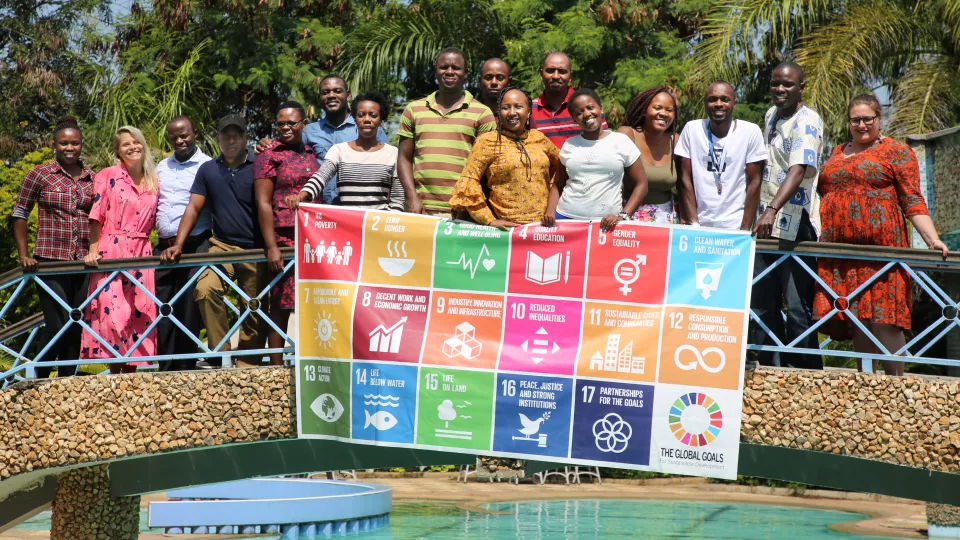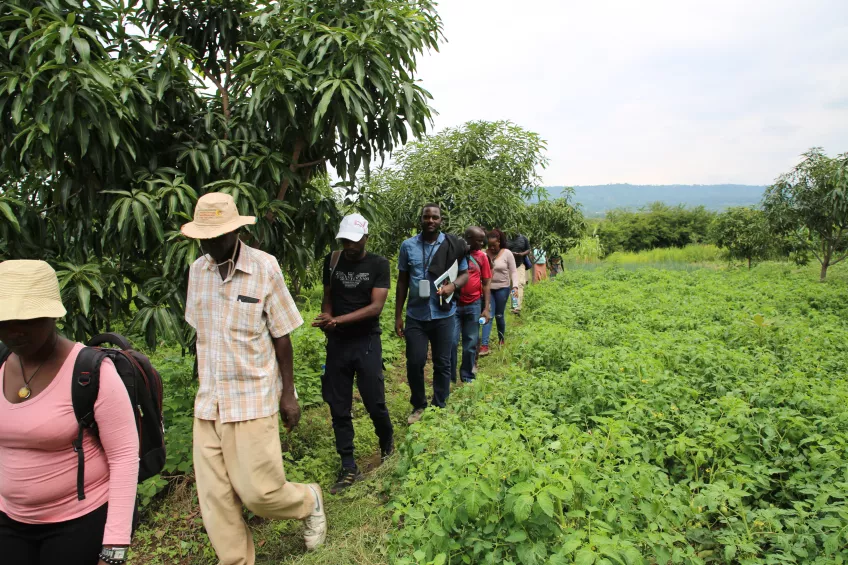The capacity building programme is lead by LUCSUS and Lund University Commissioned Education (LUCE) and financed by the Swedish Institute. The aim of the programme is to train future decision makers from different sectors to build knowledge and understand measurement on SDG15 – Ecosystem and biodiversity. In September the participants will come to Lund to continue the training, with focus on how to be a leader for sustainable development.
“The course so far has been an 'informative, integrative, interactive and social learning experience”, says Victor one of Kenyan participants.

